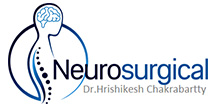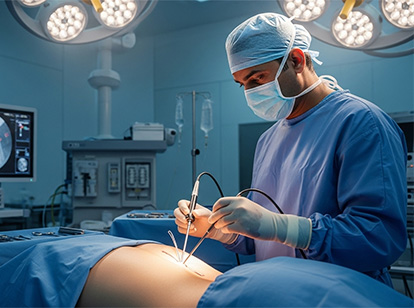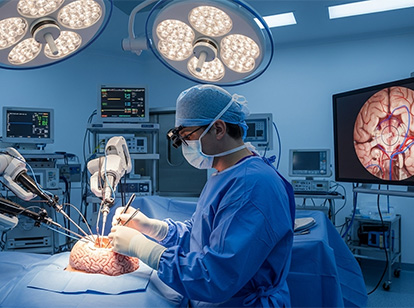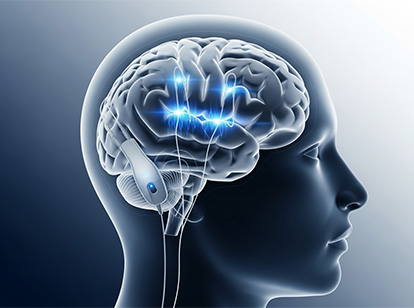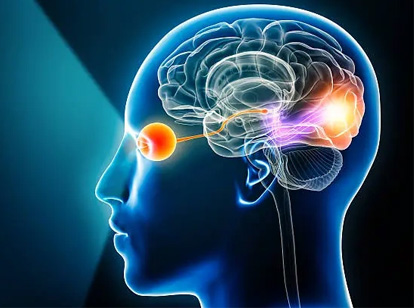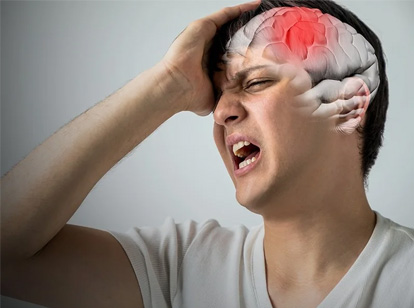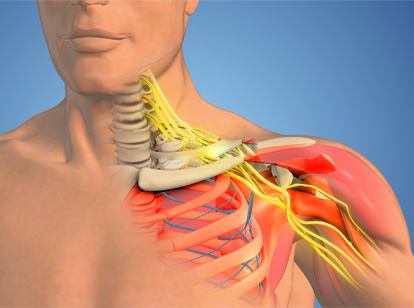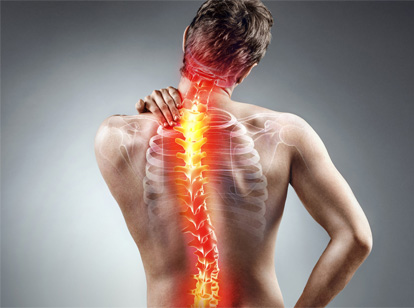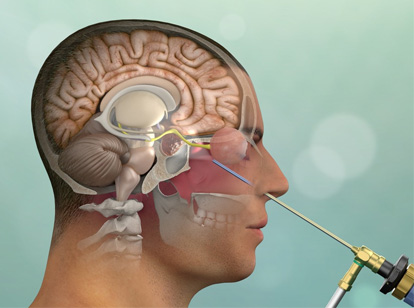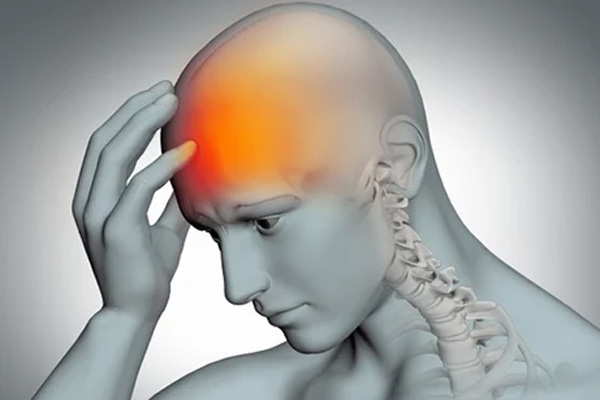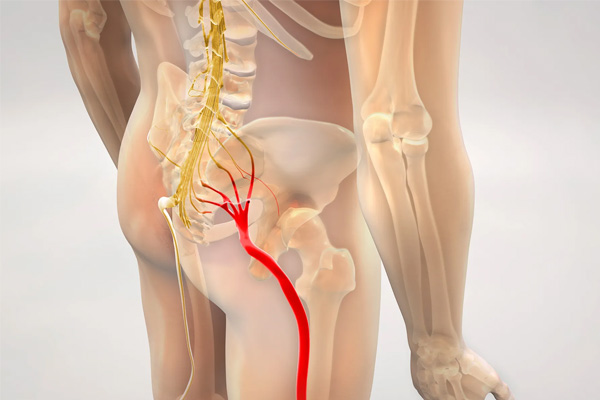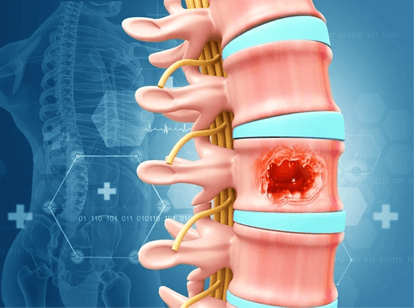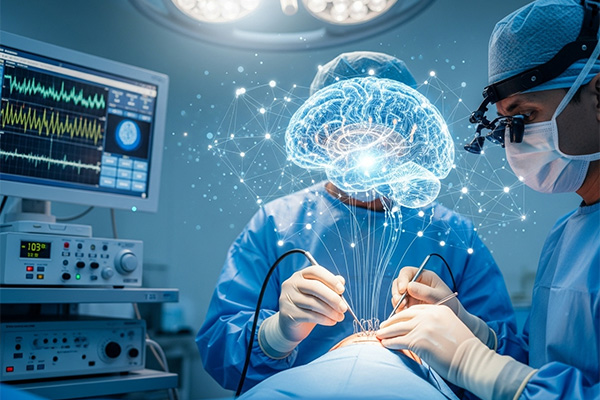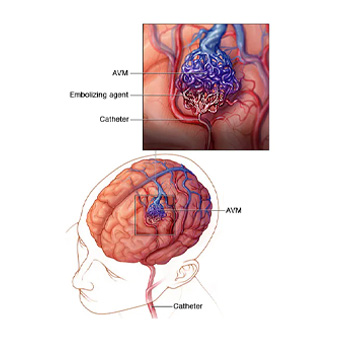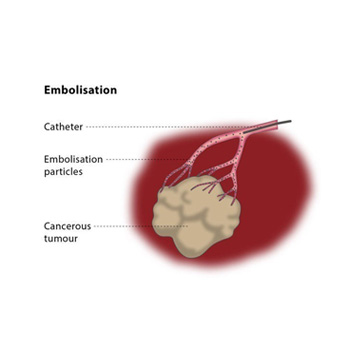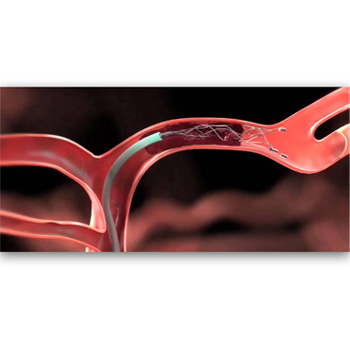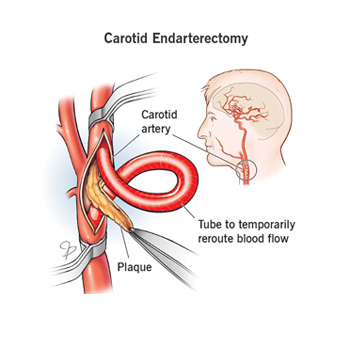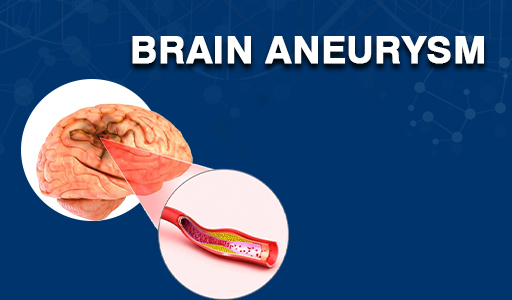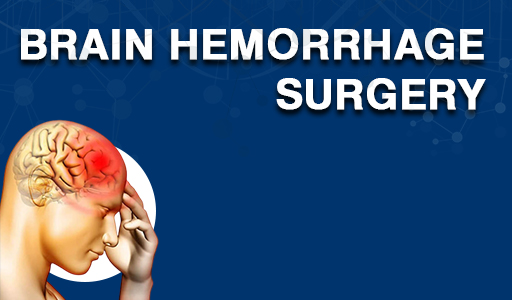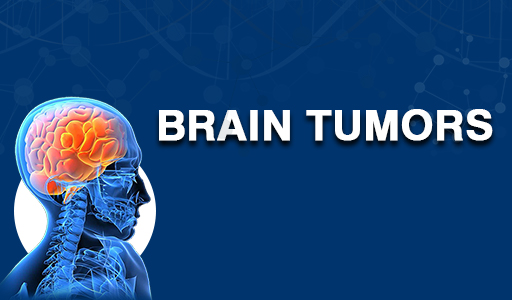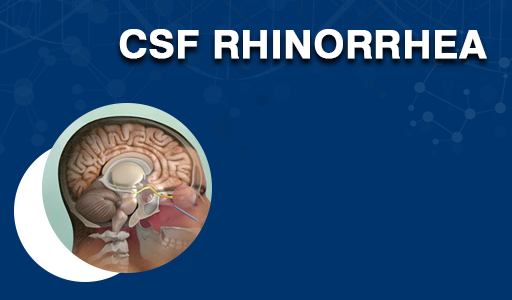Make An Appointment
Schedule an appointment with Dr. Hrishikesh Chakrabartty - The Best Neurosurgeon in Ghaziabad and get the right treatment at the right time."
Services
Dr. Hrishikesh Chakrabartty Neurosurgeon
Dr. Hrishikesh Chakrabartty is an experienced Neurosurgeon in Ghaziabad and Delhi/NCR. He has 25+ years experience in brain treatment, spine treatment and Trauma & Nerve Treatment .Dr. Hrishikesh Chakrabartty practices at Max Super Speciality Hospital in Vaishali, Ghaziabad. He completed MCh – Neuro Surgery from SMS Hospital, Jaipur, MS – General Surgery from Assam Medical Dibrugarh University, and MBBS from Dibrugarh University in 2002.
Educational Qualification Degree/CertificateInstitute MCh NeurosurgerySMS Medical College Jaipur MS General SurgeryAssam Medical college, Dibrugarh, Assam MBBS Assam Medical college, Dibrugarh, Assam.
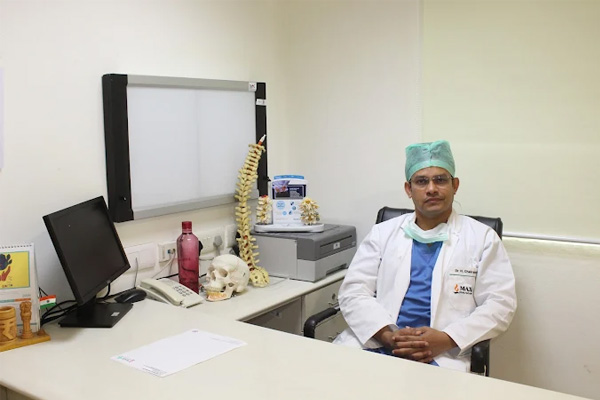
Treatments offered by Dr. Hrishikesh Chakrabartty Neurosurgeon

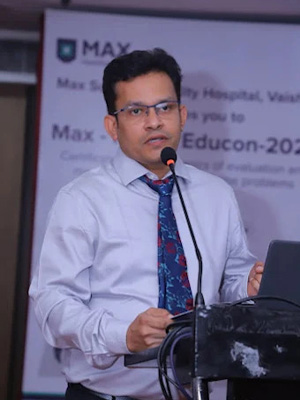
Why Choose Dr. Hrishikesh Chakrabartty- Trusted and Best Neurosurgeon in Ghaziabad
Dr. Hrishikesh Chakrabartty – One of the Top Neurosurgeons in India, is committed to delivering world-class brain and spine care with compassion and precision. With years of expertise and advanced surgical skills, we ensure that every patient receives the best possible brain treatment tailored to their individual needs.
Our clinic combines cutting-edge technology, evidence-based treatments, and a patient-first approach to achieve safe and successful outcomes. From accurate diagnosis to advanced minimally invasive brain surgeries and spine surgery, we focus on faster recovery and improved quality of life.
We believe in more than just treatment — we believe in healing with trust, care, and dedication. Choosing us means choosing a partner who will stand by you through every step of your journey to better health.
Symptoms
Brain-Related Symptoms
- Persistent or severe headaches
- Sudden seizures or convulsions
- Blurred or double vision
- Difficulty in speaking or understanding words
- Loss of memory or confusion
- Sudden weakness or numbness in face/arms/legs
- Dizziness or loss of balance
- Nausea and vomiting
Spine-Related Symptoms
- Chronic back or neck pain
- Pain radiating down arms or legs (sciatica)
- Tingling or numbness in hands or feet
- Stiffness or reduced flexibility
- Weakness in arms or legs
- Loss of bladder or bowel control (severe cases)
Nerve-Related Symptoms
- Shooting or burning pain along nerves
- Tingling or “pins and needles” sensation
- Muscle weakness or wasting
- Loss of sensation in hands, feet, or face
- Sudden tremors or involuntary movements
- Sharp facial pain (as in trigeminal neuralgia)
If you experience any of these symptoms, consult Dr. Hrishikesh Chakrabartty immediately for expert diagnosis and treatment.
Video Gallery
Playlist

4:21

3:05

1:07

1:01

1:40

0:51

0:45

0:32

0:27

0:31
Make An Appointment
Schedule an appointment with Dr. Hrishikesh Chakrabartty -Best Neurosurgeon in Ghaziabad and get the right treatment at the right time."
Patient's Feedback
Frequently Asked Questions
Not always. Many brain and nerve conditions can be managed with medicines, physiotherapy, or minimally invasive treatments. Surgery is suggested only when it’s the safest and best option.
If you have persistent headaches, seizures, weakness, back pain with numbness, or sudden neurological symptoms like difficulty in speech or movement, you should see a neurosurgeon.
A neurologist treats brain, spine, and nerve problems with medicines. A neurosurgeon is trained to perform surgical treatments if needed.
No. Most slipped discs improve with rest, medication, and physiotherapy. Surgery is needed only if pain is severe, long-lasting, or if there is nerve compression causing weakness.
It is an advanced technique using very small cuts, less pain, and faster recovery compared to open surgery.
Still have questions? Book a consultation with Dr. Hrishikesh Chakrabartty for expert guidance.
Patient's Feedback
Thank you so much Dr. Hrishikesh I am very very grateful to you without you I wouldn't have been able to walk on my legs.
My brain tumor surgery was successful post surgery my recovery was so good
So i am satisfied with treatment
Dr Hrishikesh is good surgeon
Dr Hrishikesh is best neurosurgeon in Delhi/ncr
My spinal surgery was successful I am am so happy
Thanks dr Hrishikesh and team
My father in law had faced one issue of faced bood leakage in head and due to that he was feel continuously pain and visibility issues.
